Practical Strategies You Can Use Right Now!
Learn something new in as little as 90 Minutes & earn CEs!
Taught by thought leaders in social competencies, self-regulation, executive functioning, and more.
Practical Strategies for Social, Emotional, and Academic Learning
Drawing from more than 25 years of clinical practice and the latest research, these one-of-a-kind online training courses explore a large range of aspects required for developing social competencies, including self-regulation, executive functioning, social problem solving, and much more. These courses have been watched and acclaimed by more than 25,000 people from around the world. Don’t miss your chance to learn about the social world and the practical strategies and ideas for social, emotional, and academic learning and teaching within the Social Thinking Methodology across all developmental ages. This is your opportunity for deeper learning and to earn CE Credit (for select professionals). To book a customize training for your school or clinic, please email us.
IMPORTANT: If you have already purchased an Online Training course, please login to your Social Thinking My Account to watch your course.
Our Most Popular Courses
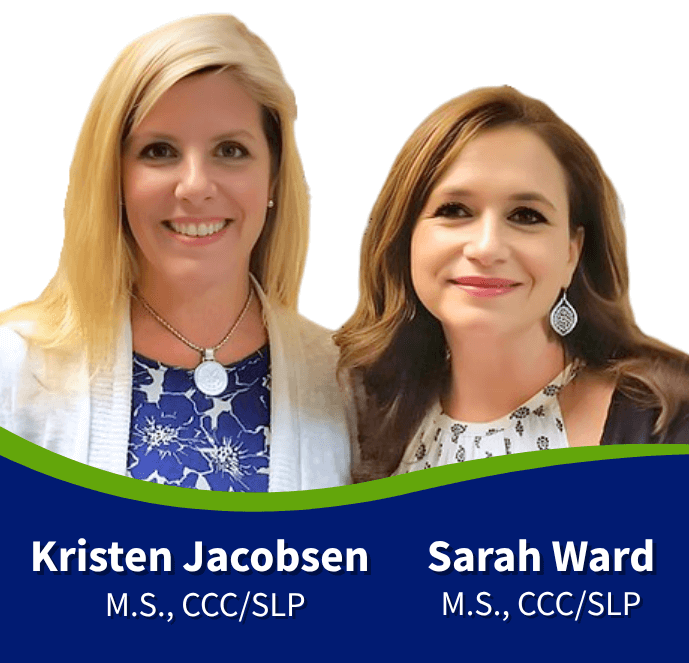
Back-to-School Strategies for Executive Function Success
Join Sarah Ward and Kristen Jacobsen for this dynamic and practical back-to-school course that introduces powerful, ready-to-use strategies from the new Time Tracker Program, designed to help students shift from relying on adult prompting to becoming truly independent planners. This session will equip educators, therapists, and parents with concrete tools to make time visible and help students envision it, plan it, do it, and get it done! We will schedule and host a LIVE Q and A within the next couple of months. You’ll get an email with the details once we have them. The 90-day Recorded Replay Access begins at the time of Registration.
NOTE: This course will discuss the Time Tracker Program with limited information about like products or services.
3 hours of CE credit available for select professionals.

Part 1: Strategies for Tweens/Teens Who Are Literal Thinkers and Socially Less Aware
While a literal learning system can be an absolute strength in some circumstances, it can also be a struggle when the academic and social worlds increase in complexity. This course explores how to better understand, support, and teach strategies for more literal thinkers with very literal interpretive systems. We’ll focus on strengths but will also have an honest conversation about how to listen to their individual goals while simultaneously helping them to gain skills and supported independence for adulthood in ways that make sense to them. The 90-day Recorded Replay Access begins at the time of Registration.
1.5 hours of CE credit available for select professionals.

Part 2: Tools for Academically Strong Tweens/Teens with Lagging Social Strategies
Explore the needs of students who desire friendships and relationships with their peer group but struggle with accessing social strategies in the moment. These students often exhibit solid to strong academic and language learning strengths, but report having social and academic goals that are impacted by compelling anxiety, perfectionism, executive functioning skills, and a lack of access to practical tools. The 90-day Recorded Replay Access begins at the time of Registration.
1.5 hours of CE credit available for select professionals.

Concentration & Focus Disruption in the Digital Age & What to Do About It
The way most of us concentrate and focus our attention on things that matter has undergone a dramatic disruption in the past two decades. While what we need to do can be enhanced by technology, there are potentially even more digital factors that get in the way of meeting one’s academic, employment, and/or social goals. In this course, we will use a developmental lens as we introduce strategies to help students problem solve and self-evaluate how they set goals, make plans, and stay on task to foster executive functioning, while simultaneously and constantly being distracted by digital tools such as screens, phones, and watches. We’ll also take a deeper look at the latest research related to concentration and focus. The 90-day Recorded Replay Access begins at the time of Registration.
1.5 hours toward CE credit, available for select professionals.
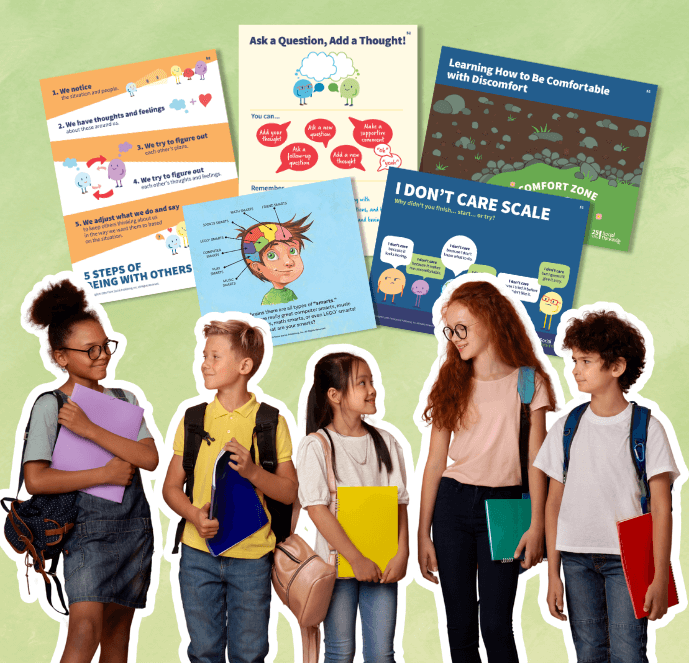
Implementing Social Thinking Concepts and Vocabulary
Both teachers and learners need practical ways to think about the social world. In this introductory course, you will learn 15+ practical teaching strategies using Social Thinking Vocabulary and visual frameworks. The activities from this course focus on making abstract social information more concrete through lessons to teach social learners how to socially attend, interpret, problem solve, and respond to social information. Activities will also focus on strategies for teaching emotional understanding, theory of mind/perspective taking, and executive functioning to help learners meet their own social goals. Note: This course is introductory and designed for those who are new to Social Thinking or just want to expand how they teach lessons from the Social Thinking Methodology. The 90-day Recorded Replay Access begins at the time of Registration.
4.5 hours of training and CE credit available for select professionals.

Fostering the Development of Executive Functions
This course explores the role of executive functions across school and home environments. We explain strategies for tackling motivation, time prediction, prioritizing workload, and tracking multiple assignments simultaneously. We review key executive functioning skills and practical metacognitively based strategies to help individuals track and tackle homework and other deadline-based responsibilities. The 90-day Recorded Replay Access begins at the time of Registration.
5 hours of CE credit available for select professionals.

Social Thinking Is Academic Thinking: Making Connections Using the ILAUGH Model
Discover an array of concepts and strategies that bolster social learning and help students meet socially based educational standards. Explore the ILAUGH Model of Social Cognition to help break down and make sense of the social world. Uncover how differences and/or challenges in social communication, executive functioning, and perspective taking impact written expression, reading comprehension of literature, organizational skills, and working in a group. Learn strategies to support students, clients, and patients in each of the above! Rounding out the day: learn tips for student-driven goal writing and data keeping. Note: This course is introductory and designed for those who are new to Social Thinking or just want to expand how they teach lessons from the Social Thinking Methodology. The 90-day Recorded Replay Access begins at the time of Registration.
5.5 hours of training and CE credit available for select professionals.
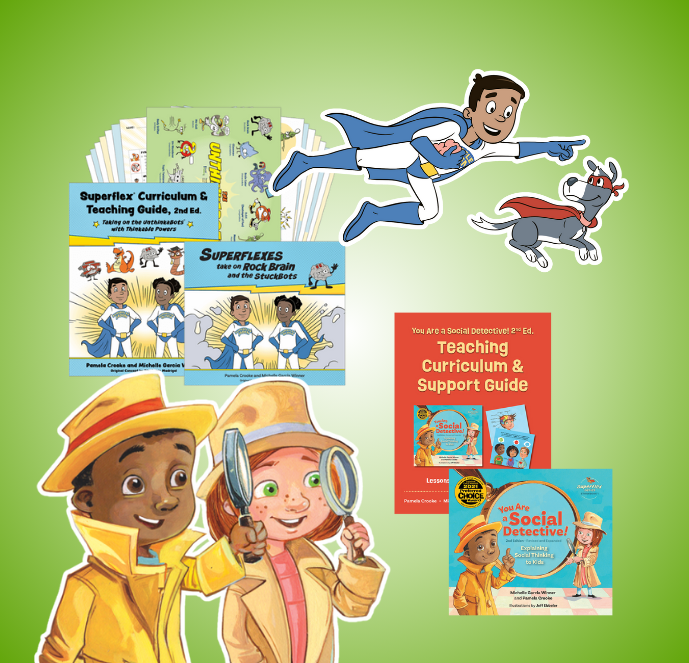
Teaching the Superflex Curriculum Series with Fidelity: A Short Course
Educators, therapists, and caregivers have been asking for a motivating and fun way to teach elementary students social, emotional, and academic concepts. This short course will focus on the theory underlying core lessons and how to implement a detective and superhero themed social, emotional, and academic learning (SEAL) teaching series with fidelity. Consider this to be the essential crash course for implementing the Dynamic Duo Curriculum series with fidelity. Content is designed for students 7-11+ years. The 90-day Recorded Replay Access begins at the time of Registration.
2 hours of training and CE credit available for select professionals.

Practical Strategies to Help Individuals Rally Their Motivation
In this 90-minute course, we’ll explore motivation-based myths. We’ll then contrast this information with research-based, as well as tried-and-true methods, to help individuals rally their motivation so they can tackle basic to complex social and organizational goals. In this journey we’ll also explore factors that get in the way of motivation, such as anxiety, perfectionism, lagging social and organizational competencies, and/or digital device distractions, and then review practical strategies and tools to help individuals feel “they can” rather than “they can’t.” The 90-day Recorded Replay Access begins at the time of Registration.
1.5 hours of CE credit available for select professionals.
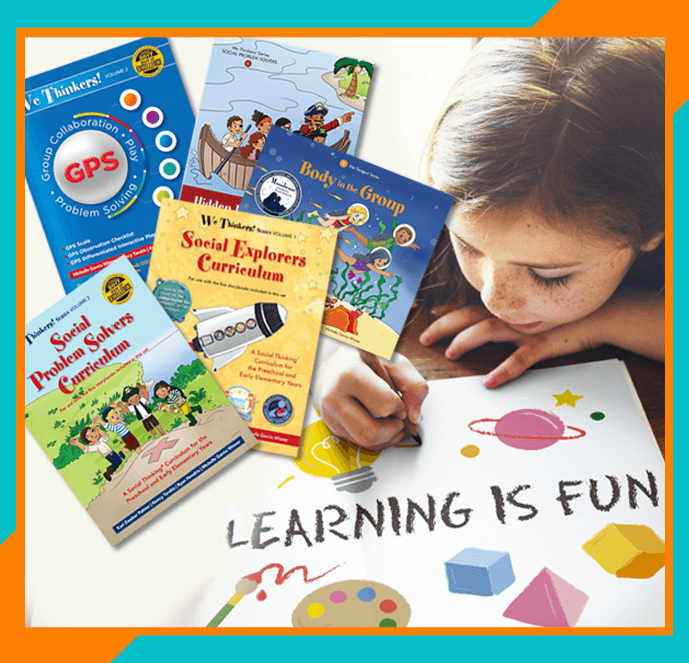
Helping Early Learners Build Social Competencies
This strategy-filled course delves into crucial aspects of building social competencies in preschool and early elementary-age students (ages 4-7). Explore how flexible thinking, social language, self-regulation, and social and emotional development are vital for developing collaborative interactions in group settings, both on the playground and in the classroom. Gain insights from a research perspective on the impact of executive functioning, social attention, and social problem solving through the lens of our award-winning We Thinkers! curriculum series. Walk away with practical strategies and examples to seamlessly integrate social learning concepts into your existing teaching methods. The 90-day Recorded Replay Access begins at the time of Registration.
5.5 hours of training and CE credit available for select professionals.
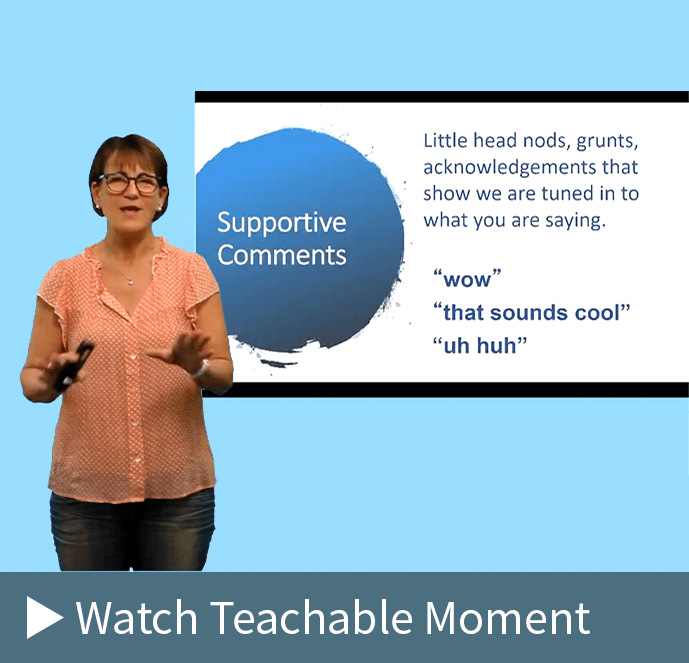
Combating Loneliness and Misbehavior
Download this free visual with practical ideas for initiating social conversations, which Michelle Garcia Winner presents in this course.
Loneliness is a dangerous national epidemic that has been growing in depth and complexity for many years. Loneliness not only endangers our mental and physical health, but it also can make us less kind and caring toward others, resulting at times in misbehavior at schools and within our communities. We’ll explore a range of research-informed ways we can cultivate meaningful relationships with others to foster our well-being, as well as kindness, empathy, and generosity of spirit toward others. Now more than ever, building social awareness, managing anxiety, and developing social communication strategies to combat this growing crisis of loneliness is critical for school-age children, tweens and teens, and all the way through the adult years. The 90-day Recorded Replay Access begins at the time of Registration.
1.5 hours of CE credit available for select professionals.
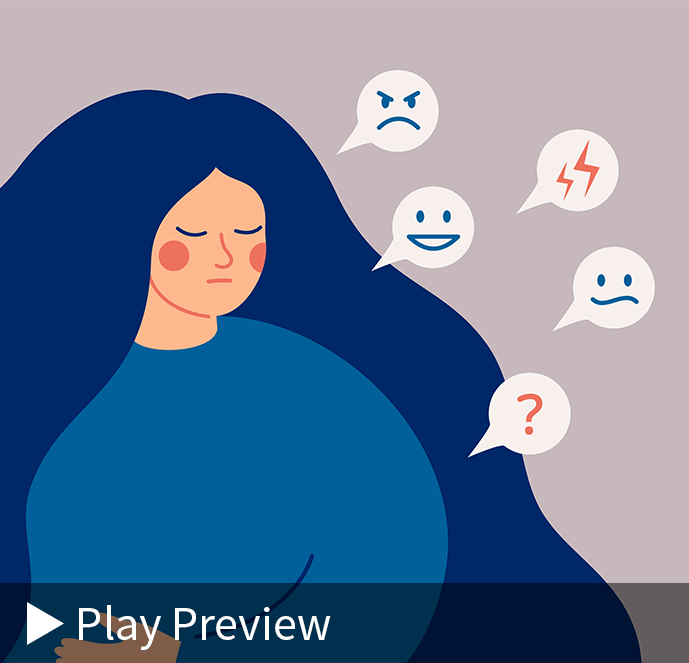
What’s Alexithymia?
What is alexithymia? It refers to challenges in developing awareness of one’s feelings, identifying, and distinguishing them from other physical sensations—and it’s gaining interest in the research, schools, and clinical arenas. Educators and parents have reported an increase in overall “regulation” challenges in the classroom, on the playground, and during small group activities. We’ll highlight select key aspects of emotional awareness and regulation and its role in perspective taking. Specifically, we’ll explore how alexithymia can impact the building blocks for spontaneous perspective taking across all contexts. We will suggest practical strategies to increase awareness of feelings within the perspective-taking process to use within the classroom, school, community, and home. The 90-day Recorded Replay Access begins at the time of Registration.
1.5 hours of CE credit available for select professionals.
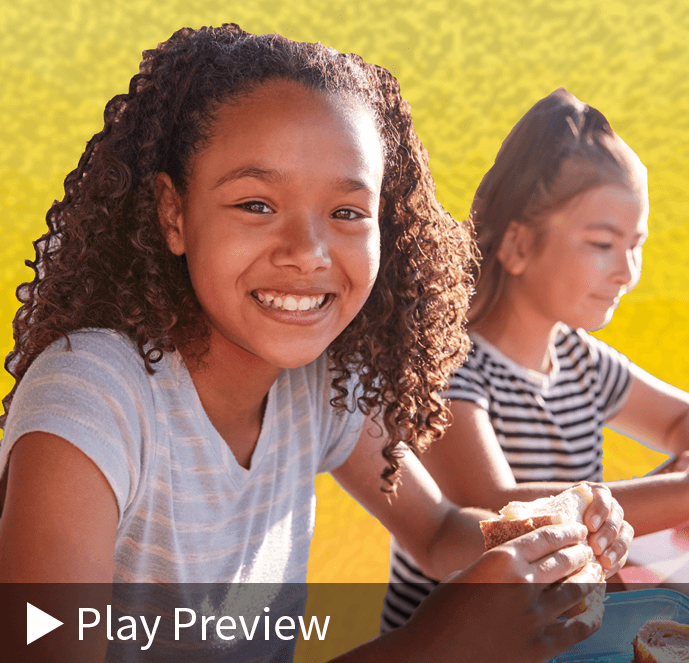
5 Critical Life Skills for Tweens, Teens and Young Adults
Tweens, teens, and young adults are expected to naturally develop social and organizational competencies needed in school and across their lives. However, students with social learning and organized thinking differences (e.g., ADHD, twice exceptional, expressive receptive language, sensory processing, autism levels 1 and 2, etc.) may not intuitively learn these concepts and skills. This course will explore 5 critical life skills related to social emotional learning and organized thinking that can and should be directly addressed and taught to students & clients ages 11-22 in our homes, schools, and clinics. We’ll also review a variety of explicit metacognitive frameworks and practical strategies for teaching and learning these critical social competencies. The 90-day Recorded Replay Access begins at the time of Registration.
2 hours of CE credit available for select professionals.
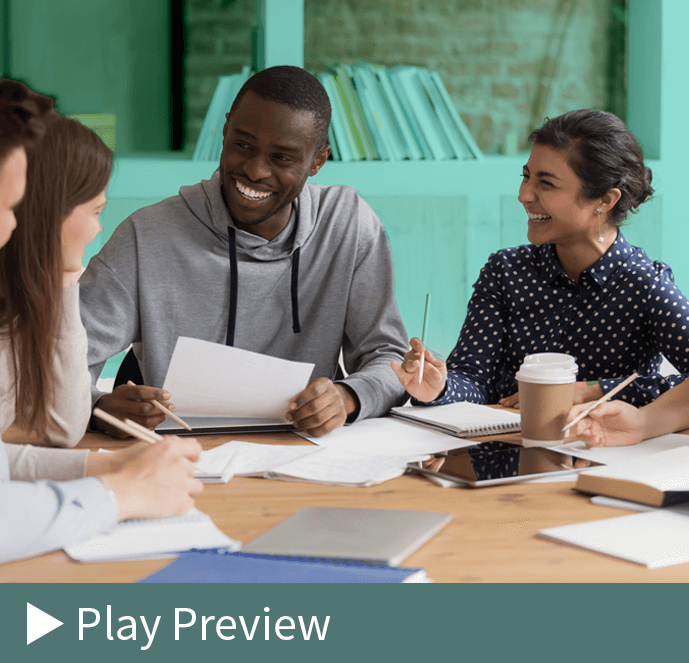
Small Talk & Conversations
Small talk and conversations are dynamic, and we cannot create reliable scripts for how they will unfold. We can, however, increase our students' awareness of why we engage in social exchanges such as small talk. In this online course, we will unpack the complexities of small talk and conversation. We’ll break these down into their component parts to build strategies that support engagement in initial and ongoing social connection for children, teens, and adults. The 90-day Recorded Replay Access begins at the time of Registration.
3.5 hours of CE credit available for select professionals.
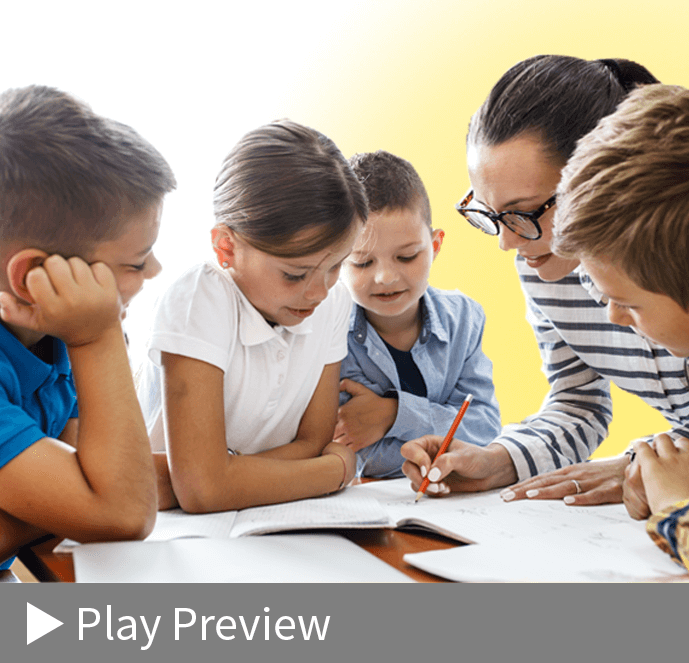
Implementing Social Thinking Schoolwide
The same abilities to think socially that are required to relate effectively to others are also essential for success in academics. Dynamic practitioners and award-winning coauthors, Kari Zweber Palmer and Ryan Hendrix team up again to explore the use of concepts within the Social Thinking Methodology that can be used from the start of a new school year or any time in between. This course explains how to set up for social connection and academic success in schools. Review core strategies and tools to support students in learning more about the social world around them and navigating to regulate to meet their own needs and social goals. We’ll focus on practical strategies and ideas for use in classrooms, as well as schoolwide implementation, building a bridge between environments and people to support the social mind and learning across a student’s day. The 90-day Recorded Replay Access begins at the time of Registration.
3.5 hours of CE credit available for select professionals.
Illuminating Instruction & Discussion from Expert Guest Speakers

Addressing Anxiety by Building Emotional Toolkits for Kids and Their Support Team
This free downloadable is included with this course. Discover additional helpful resources and exclusive handouts designed to support kids and the adults who care for them as part of the course.
This 90-minute course features Dr. Tracey Marks, a practicing forensic psychiatrist of over 20 years, whose mission is to increase mental health awareness and understanding by educating people about supporting anxiety through practical tools. Dr. Marks has an enormous online following where she produces educational videos for managing stress, anxiety, and improving executive functioning. The 90-day Recorded Replay Access begins at the time of Registration.
1.5 hours of CE credit available for select professionals.
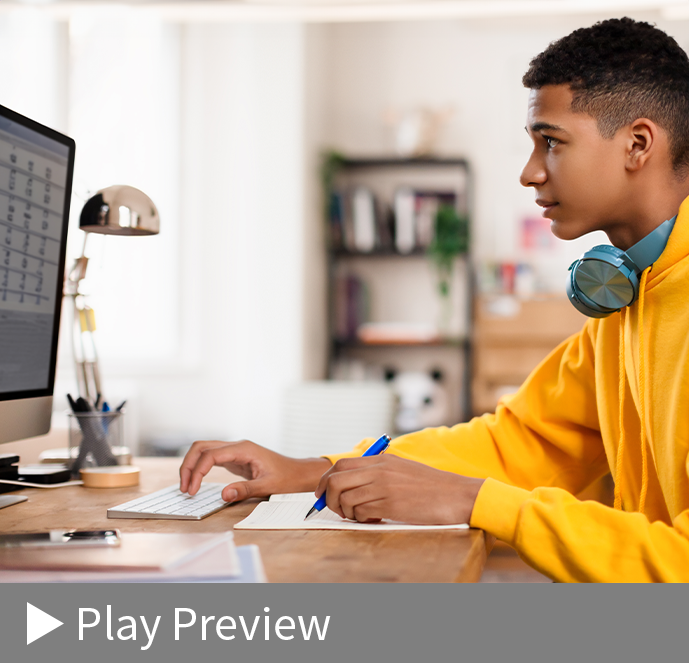
Raising an Organized Child
In two keynotes, Dr. Damon Korb, MD FAAP and developmental behavioral pediatrician, and Michelle Garcia Winner, MA, CCC-SLP and founder of the Social Thinking® Methodology, will connect the dots between executive functions—including self-regulation and perspective taking—and creative, practical strategies to foster organized thinking. Damon’s keynote will explain five important steps professionals can learn to guide parents in how to raise an organized child. He will also present strategies and lessons he has learned during his 20 years as a developmental and behavioral pediatrician to help foster children’s active engagement of organized thinking, the kind of learning and functions they’ll use throughout their lives. Michelle’s keynote will focus on how to help students/clients develop friendships. How do people make friends? How do we keep them? What creative strategies can we teach to help tweens and teens learn to invest in these important but complicated relationships? The 90-day Recorded Replay Access begins at the time of Registration.
3 hours of training and CE credit available for select professionals
On Demand Course for Parents & Caregivers
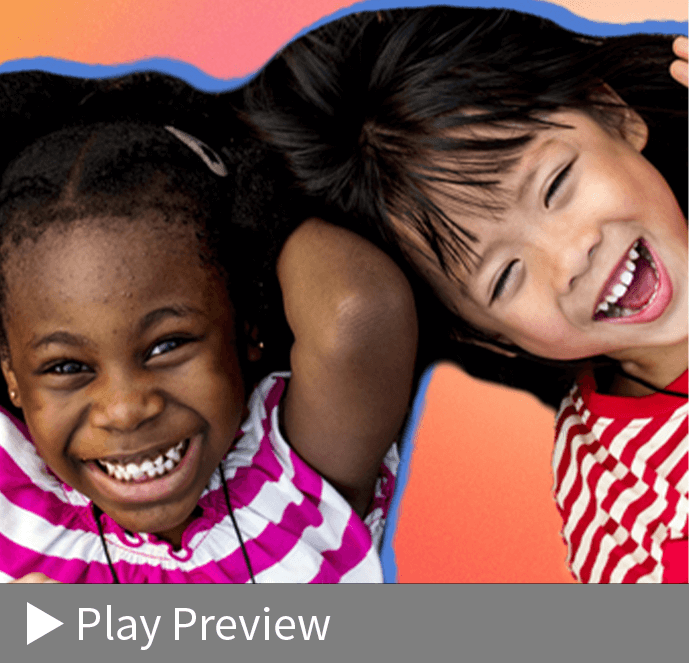
Social Thinking: Building the Social Mind in Early Childhood
Parents and caregivers are always asking about how to teach and support self-regulation. In this course designed specifically for parents and caregivers, we’ll talk about the ways the social mind can support social thinking and self-regulation for early learners. We will cover practical strategies including how we can use stories, activities, and play to build self-regulation; how to teach children to better understand their own and others’ thoughts and feelings, and the plan of the group and their role within it. Please note: this course is not eligible for Continuing Education. The 90-day Recorded Replay Access begins at the time of Registration.
Please note: this course is not eligible for Continuing Education.